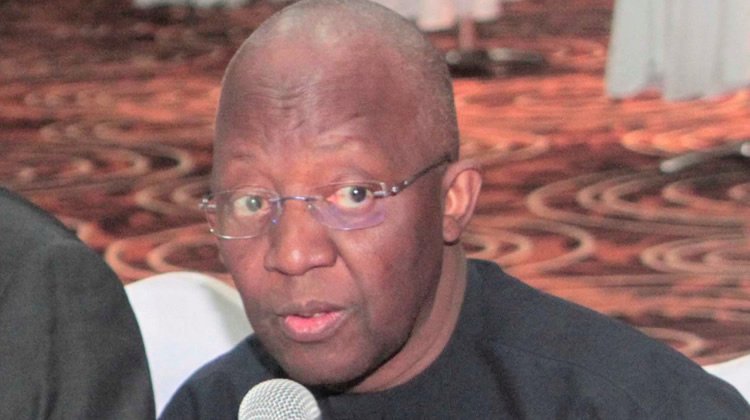
The shortfall in electricity tariff paid by consumers across the country to power distribution companies has dropped from N1.891tn to N247bn, the Federal Government has stated in its latest fact sheet on the Power Sector Recovery Programme.
PSRP is a programme initiated by the Federal Government with the support of the World Bank to ensure that Nigerians have access to adequate, reliable, and affordable electricity.
The report, which was obtained by our correspondent from the PSRP secretariat in Abuja on Wednesday, stated that the tariff shortfall was reduced through the implementation of the PSRP Financing Plan that was approved in November 2021.
The report described the plan as “a credible financing plan for the PSRP programme that identifies how tariff shortfalls will be paid and promote sustainable growth of the Nigerian electricity supply industry.”
On the reduction in tariff shortfall, it said, “Tariff shortfall payment has been cut-down from a historical accumulation of N1,891bn (N1.891tn) to N247Bn in 2021, and is on course for elimination by December 2022.”
The report stated that the Federal Government had also approved and put into operation the Performance Improvement Plans for power distribution companies to ensure the Discos implement service improvements with measurable indicators.
This, it said, would track the quality of service improvements by Discos and would be monitored by the Nigerian Electricity Regulatory Commission, as the PIP was approved and became effective from July 1, 2021.
“Total PIP investments are envisaged to be approximately N871bn across the 11 Discos, with funding from Disco financing and government interventions,” the report stated.
The report described the PSRP as a programme with the aim to improve power supply, restore financial viability and enhance the accountability of Nigeria’s power sector through service delivery and reducing losses on the basis of approval and enforcement of Discos’ PIPs.
It said the plan would improve financial performance on the basis of clearing historical and recurrent tariff shortfalls from Discos’ books and implementing of a fiscally transparent financing plan to cover sector shortfalls during the transition to cost recovery.
The report further stated that the plan would instill “payment discipline throughout the supply by incrementally, but increasingly enforcing contractual obligations of the sector companies.”
This came as the Chairman of the Nigerian Electricity Regulatory Commission, Sanusi Garba, told journalists at a press briefing in Abuja that the Federal Government was committed to providing adequate and affordable electricity.
“Notwithstanding the electric power supply industry is now private sector driven, its relevance to economic growth and industrial development will require strategic government interventions,” Garba stated.
He added, “At this developmental stage, the industry’s challenges require that hands be on the deck to achieve an efficient and effective electric power supply industry that we desire for our economic development.”
Commenting on the objectives of the PSRP programme, the NERC boss stated that it would enhance the power sector’s financial viability, improve electricity supply reliability to meet the growing demand, and strengthen the industry’s institutional framework.
He said it would also ensure the implementation of policies that promote and encourage investors’ confidence and institutionalise a contract-based electricity industry.
Garba further stated that one of the policy interventions of the Federal Government was the National Mass Metering Programme, adding that about one million meters were installed at phase zero of the NMMP.
He said phase one of the NMMP, which envisaged the installation of four million meters, would start as soon as the procurement process was concluded.
Copyright PUNCH.
All rights reserved. This material, and other digital content on this website, may not be reproduced, published, broadcast, rewritten or redistributed in whole or in part without prior express written permission from PUNCH.
Contact: [email protected]





